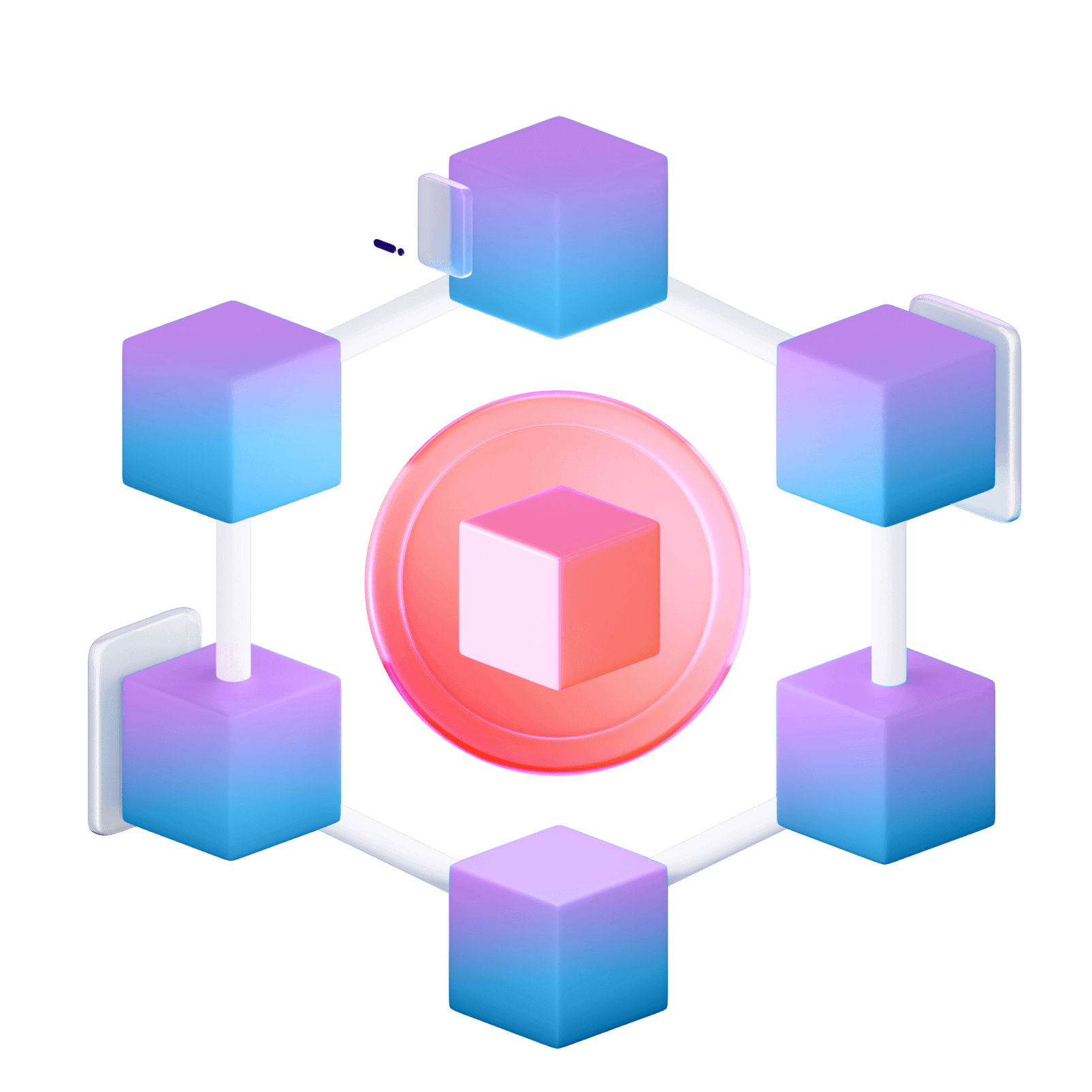

Join $ECOM's wait list and be part of the exciting future of social and gamified e-commerce now!
Join Wait ListThe word blockchain consists of two words - block and chain.
The Service may include the ability for you to make certain content available on or through the Service (“User Content”). All User Content must comply with these Terms.
Each block connects to the previous block. Hence, more blocks connect to one another. Hence, the term blockchain. As a result, a chain of blocks. A chain of data or information. Each block connects to the previous one and the one after it. Or in any other number of ways of architecture that the blockchain developer decides. The connection is secure by a cryptographic function.
In simple words, a blockchain is a database of records or information. So what is the big deal about it? We maintain databases around us most of the time. For example, a company’s record of all its paying customers maintained on a database. The database could be on Excel, Salesforce or any other software. At its root, they are all databases. Our world is full of databases that store data and information about us. For example, governments conduct a census once every ten years. This to update its database of the population’s age, location and other details like income level. LinkedIn maintains a dynamic database of all profiles, connections and other details. Its used to offer learning courses, job offers and advertisements. Likewise, Facebook maintains a database of all profiles, friends and other personal details. Its mined, analyzed and turned into commercial information. Like digital advertising and personalized products based on your browsing behaviour. This is the dominant model in the internet of today. Blockchain will change this model.
Why will the blockchain, as a new form of database technology, change the course of the internet? Its because the blockchain possesses certain properties. They render it unique and useful to the world.
The fundamental question about humanity boils down to two questions. - Can I trust you or them? - Who is in charge? The more data a single or a couple of actors collect, the higher are the chances that it will get misused. Power corrupts. Likewise, users are always victim to a small group’s rules and decisions. Even when these decisions are not in the best interest of everyone else. Whoever controls the biggest database can wipe out and crush innovative services that can be a future threat. But the blockchain can is maintained by multiple participants. So instead of a single party, decisions can be taken in true community fashion.
A set of blocks of data, once created and verified on the blockchain can never get altered. This means that no one can change or alter any record. Anything that’s updated on the blockchain, has valid proof of ownership. The more the number of blocks, the harder it becomes for malicious actors to sabotage the network. This is because the costs to do so become exponential. A huge mass of civilization is about enforcing trust using paperwork that is prone to forgery and manipulation. Blockchains automate trust. This is game changing once the revelations become known to everyone.
Now that we’ve understood and are able to visualize the blockchain as a series of blocks tied to each other like a chain, let’s add in another factor. The factor is value. Or currency. Or value exchange. Humanity has been trading and exchanging goods and services for thousands of years. So how can blockchains make this system of value transfer more efficient and faster? Blockchains can do that by real-time verification of payments. And without the need for any central intermediary like a bank or a financial institution. This saves a lot of time. Payments and transactions are the cornerstone of the global economy.
We’re on the cusp of a revolution enabled by the blockchain. Not only are decentralized ledgers going to shake up the world of finance, but also create a host of new applications and markets. We’re in the midst of a huge transition. The physical world is in the process of undergoing a shift towards renewable energies. The digital world of the internet is in the process of upgrading to the blockchain, as the software architecture for a new internet.
